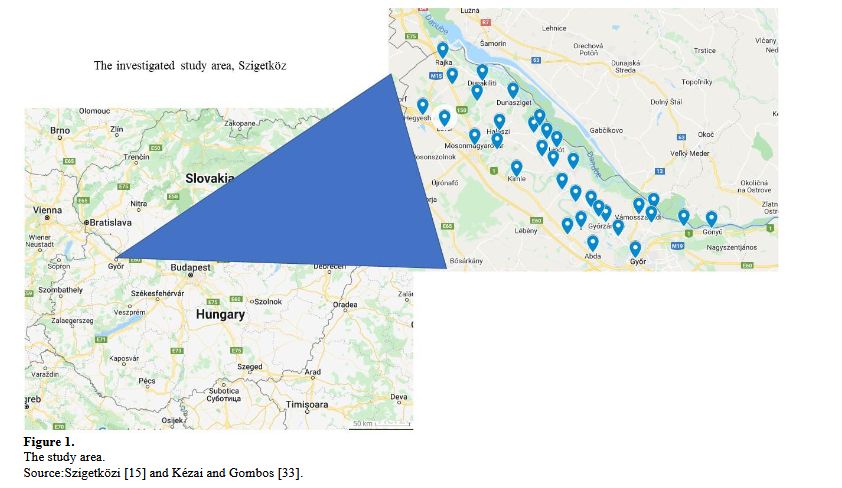The presentation will take place in a hybrid format via zoom interface or in person in the room K.0.11-12 on 12.12.2024, from 13.00.
Speaker: Jaanika Meriküll
BIO: Jaanika Meriküll is an economist known for her expertise in labor economics, household finance, economic policy, and financial stability. Currently serving as a Senior Economist at the Bank of Estonia and Associate Professor at the University of Tartu, she has contributed significantly to understanding labour market dynamics and the economic implications of inequalities in Estonia and the broader European context.
Title: Monetary Policy and Earnings Inequality: Inflation Dependencies
Abstract: This paper studies the distributional effects of monetary policy and its dependency on the inflation environment. We document a novel inflation dependency for the earnings heterogeneity channel of monetary policy using high-frequency, administrative individual-level tax data from eurozone member Estonia. We find that monetary policy shocks substantially influence labour income inequality during high-inflation periods, while the impact is markedly reduced in a low-inflation environment. Specifically, monetary policy disproportionately affects low-income individuals when inf lation is elevated. Extending our dataset with granular marginal propensity to consume estimates, we show that the earnings heterogeneity channel amplifies the aggregate consumption response, contributing approximately 5%.







